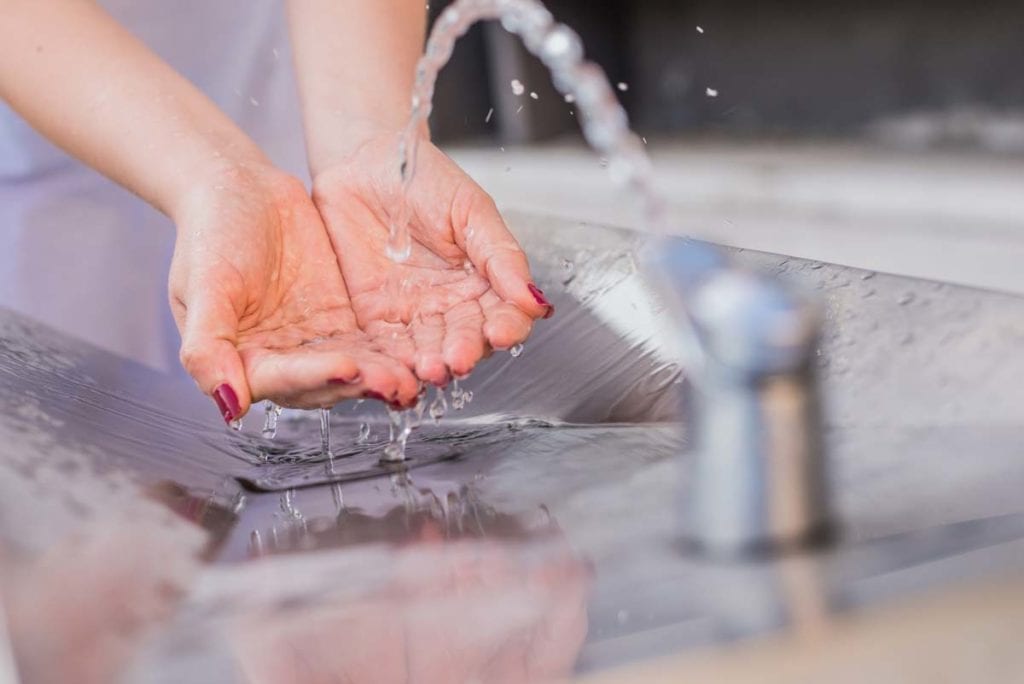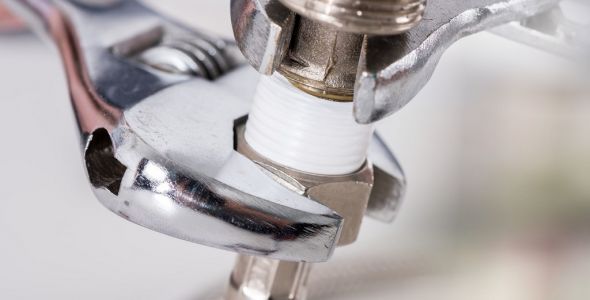Tips to Protect Your Pipes From Bursting in Frigid Weather: Top 5 Winter Hacks
Tips to Protect Your Pipes From Bursting in Frigid Weather: Top 5 Winter Hacks
Blog Article
They are making several great pointers relating to Winterizing Your Pipes in general in this article underneath.

All home owners that live in warm environments need to do their best to winterize their pipes. Failing to do so can mean calamity like icy, fractured, or burst pipelines.
Try a Hair Dryer or Warmth Gun
When your pipelines are nearly freezing, your trusty hair clothes dryer or heat gun is a blessing. If the hot towels do not assist displace any type of working out ice in your pipelines, bowling hot air directly into them may aid. Do not utilize various other things that create direct flames like an impact torch. This can result in a larger disaster that you can not regulate. You might end up damaging your pipes while trying to melt the ice. And over time, you may even end up burning your residence. So be careful!
Open Cabinet Doors Hiding Plumbing
When it's cool outside, it would certainly be helpful to open cabinet doors that are camouflaging your pipes. Doing this small trick can keep your pipes warm and also limit the potentially unsafe end results of freezing temperatures.
Take Some Time to Wrap Exposed Piping
One awesome and simple hack to warm up icy pipelines is to wrap them with warm towels. You can also make use of pre-soaked towels in hot water, just don't fail to remember to use protective handwear covers to protect your hands from the warm.
Activate the Faucets
When the temperature level declines and also it seems as if the frigid temperature will certainly last, it will certainly aid to activate your water both indoors as well as outdoors. This will certainly keep the water moving through your plumbing systems. On top of that, the movement will decrease the cold procedure. Notably, there's no requirement to transform it on full force. You'll end up losing gallons of water by doing this. Instead, go for regarding 5 decreases per minute.
When Pipes are Frozen, close Off Water
If you see that your pipes are totally frozen or practically nearing that phase, turn off the primary water valve right away. You will generally locate this in your basement or utility room near the heating unit or the front wall closest to the street. Transform it off immediately to avoid additional damage.
Do not neglect to close exterior water resources, also, such as your hookup for the garden home. Doing this will prevent additional water from filling up your plumbing system. With more water, even more ice will certainly pile up, which will at some point lead to break pipelines. If you are not sure regarding the state of your pipelines this winter season, it is best to call an expert plumber for an examination. Taking this aggressive technique can save you hundreds of dollars out of commission.
All homeowners who live in warm environments have to do their best to winterize their pipelines. Failing to do so can mean catastrophe like icy, split, or burst pipelines. If the warm towels do not help dislodge any type of clearing up ice in your pipes, bowling hot air directly right into them might help. Transform off the major water shutoff immediately if you notice that your pipes are completely icy or virtually nearing that phase. With more water, more ice will pile up, which will ultimately lead to break pipelines.
PREVENT YOUR PIPES FROM FREEZING THIS WINTER
A Leading Cause of Property Damage
When the weather is taking a deep nose dive into the cold dreary days, the risk of your pipes freezing and potentially bursting skyrockets. Unfortunately, during these cold dreary months, burst pipes are the most common denominator for property damage. The pipes that are most at the risk are those that are in areas where it is most cold in your home. For instance, pipes located in interior places such as basements, attics, and your garage. Unfortunately, that doesn’t mean that the pipes running through your cabinets or exterior walls can’t freeze. Good news, however, is that you can do things to help prevent pipes from freezing.
How to Prevent Pipes From Freezing
Once the temperature starts to drop during the winter, you should be taking the proper measures needed to ensure that your pipes stay warm and that there is circulation of water through them. Some steps that experts may recommend could go against your better judgement when it comes to saving water and heat. However, it would go without saying that when expenses are compared, damaged pipes could put a bigger dent in your wallet than a water bill.
What Can I Do?
Keep your garage door closed. This is very important, especially if you have water supply lines running through your garage. Open your kitchen and bathroom cabinets to allow warm air to circulate through them. Allow air circulation throughout your home. Keeping the interior doors open will once again allow the warm air to circulate inside your home. Ensure your thermostat is running the same temperature throughout the night and day. If you plan to be away from home during the cold months, set your temperature no lower than 55° F. This should provide enough heat to keep the pipes warm and prevent any remaining water inside the pipes from freezing. For more of a long-term solution, add insulation to attics, basement, and other crawl spaces around your home. By allowing your faucet to drip, it will alleviate pressure in the system. This is important because the pressure that is created between the blockage and the faucet can potentially cause the pipes to burst. Allowing the faucet to drip will prevent the pressure from building up, therefore keeping the pipes from bursting. Seal any cracks, openings, and crawl spaces around your home to prevent cold air from coming inside. This keeps your pipes-not to mention your home-warmer and less susceptible to issues caused by freezing temperatures. For the pipes in your home that are easily accessible, applying electrical tape to them might prevent them from freezing over. This is a quick fix, as you can apply the tape directly to the pipe. There are two options for heating tapes. One turns on and off by itself when it senses heat is needed. The other type of heating tape needs to be applied when heat is needed and removed when not necessary. If you have exposed pipes in your home, you can check this website to take a look at a few options that would be available at a shop near you.

Do you really like reading up on How to stop pipes from freezing during the winter? Put feedback down below. We would be glad to know your reactions about this posting. We are looking forward that you come back again in the future. Enjoyed our piece? Please share it. Help other people check it out. We recognize the value of reading our article about Winterizing Your Pipes.
Schedule Free Estimate Report this page